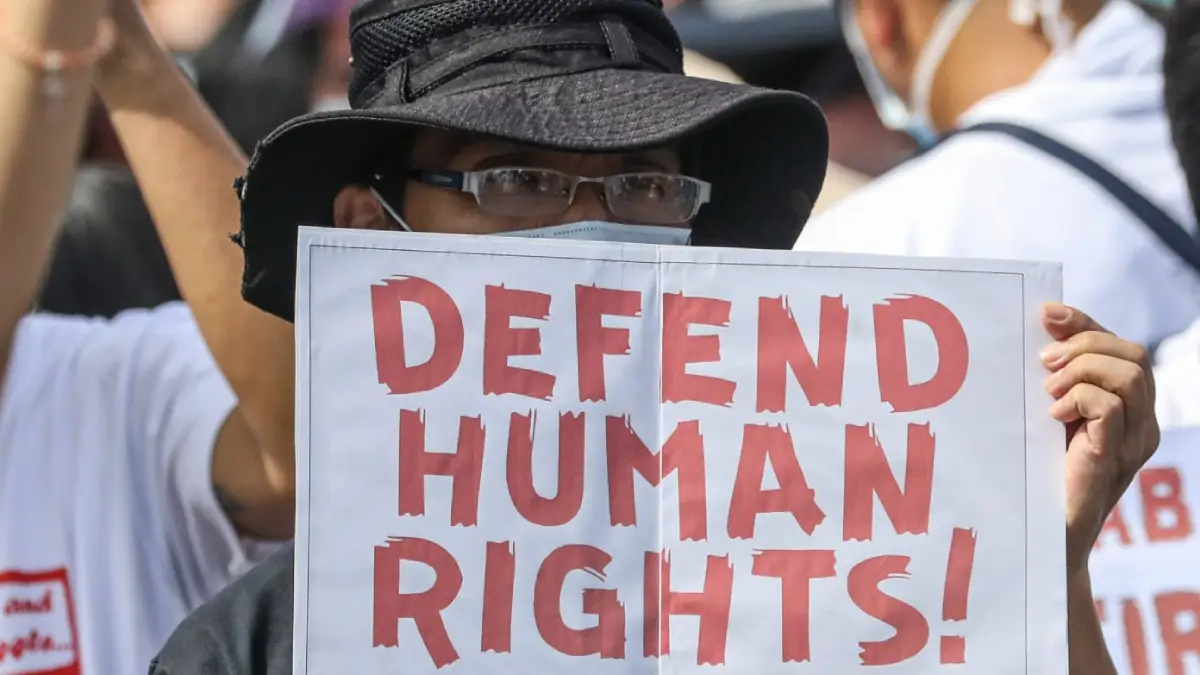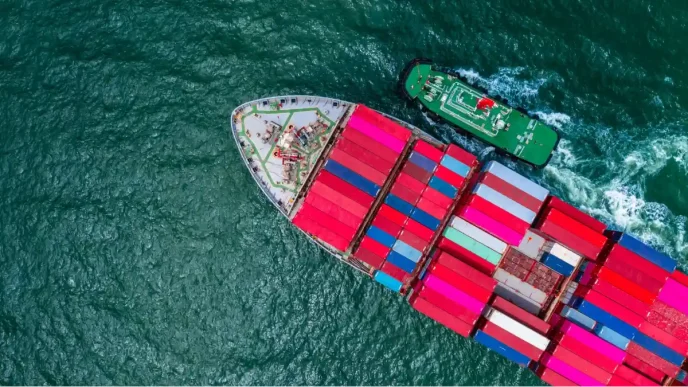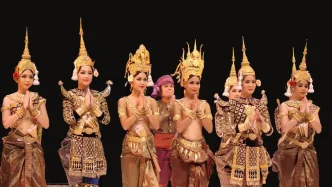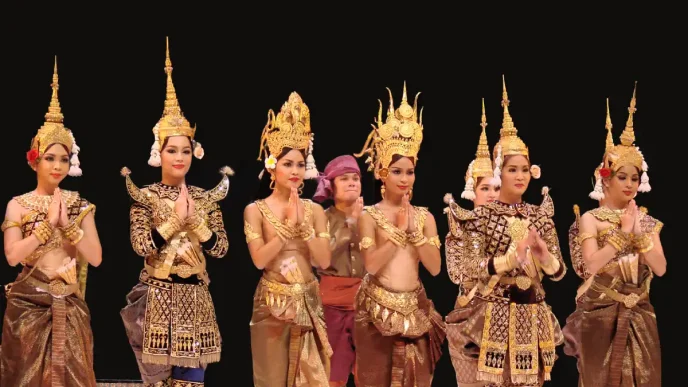A disturbing surge in violence and intimidation against human rights defenders has cast a shadow over Indonesia’s democratic landscape, with a new report from Amnesty International Indonesia documenting 54 separate incidents targeting 104 individuals in the first half of 2025 alone. The findings, released earlier this week, highlight what the organization describes as a massive wave of attacks, signaling a deepening erosion of civic space under President Prabowo Subianto’s administration.
A Growing Threat to Civic Freedoms
The report paints a grim picture of the challenges faced by those advocating for justice and accountability in Indonesia. Between January and June 2025, indigenous communities, journalists, students, academics, and activists involved in labor rights, anti-corruption, and environmental campaigns bore the brunt of the attacks. Indigenous groups defending their ancestral lands were the most affected, with 36 individuals targeted, followed closely by journalists, with 31 cases of intimidation or violence recorded.
The peak of these incidents occurred in May, coinciding with nationwide protests, including Labor Day demonstrations demanding stronger protections for workers. At least 35 defenders were targeted in that month alone, a figure that underscores the intensity of repression during periods of heightened public dissent. The mid-year tally of 54 incidents already approaches half of the 123 attacks recorded throughout 2024, which affected nearly 300 individuals, suggesting an accelerating trend of hostility.
“This shows the government’s ongoing failure to protect those who defend human rights in Indonesia” said Usman Hamid, executive director of Amnesty International Indonesia, in a statement earlier this week. “Even indigenous communities who are defending their land continue to face criminalization and harassment.”
Perpetrators and Patterns of Impunity
Among the 54 documented cases, law enforcement officials were identified as the most frequent perpetrators, implicated in 20 incidents. Private companies were named in seven cases, while military personnel and government officials were also involved in several others. This pattern of involvement by state actors and corporate entities raises serious questions about accountability and the rule of law in Indonesia.
One notable case involved residents of the Maba Sangaji indigenous community in East Halmahera, North Maluku. On May 16, 2025, local police named several community members as suspects after they resisted mining activities on their ancestral land, a move critics argue exemplifies the criminalization of legitimate dissent. In another incident, a whistleblower who exposed alleged corruption at the West Java branch of the National Alms Agency (Baznas) faced legal repercussions from local police for disclosing confidential information, further illustrating the risks faced by those seeking transparency.
Journalists, often on the frontlines of exposing abuses, were also heavily targeted. Of the 31 cases involving media professionals, 29 reported intimidation or violence, predominantly at the hands of police. In Jakarta, a reporter from ProgreSIP was allegedly beaten by plainclothes officers who labeled him an anarchist despite his valid press identification. Similarly, in Semarang, Central Java, a journalist from Tempo covering an International Workers’ Day rally was reportedly assaulted twice, including an incident where a police officer allegedly choked him and nearly slammed him to the ground.
“Many perpetrators receive only administrative sanctions, if any, and rarely face criminal charges” Usman Hamid noted. “This creates a dangerous precedent for press freedom and public accountability.”
Democratic Backsliding and Systemic Challenges
Amnesty International’s report goes beyond documenting individual incidents, framing the surge in attacks as part of a broader trend of democratic backsliding in Indonesia. The organization points to the increasing involvement of the military in civilian affairs and a growing culture of repression under the current administration as key drivers of this decline. The failure to enact robust legal protections for human rights defenders exacerbates the problem, leaving activists and journalists vulnerable to harassment and violence.
Current safeguards, such as those under the National Commission on Human Rights (Komnas HAM) or the Environmental Protection Law, have proven inadequate in addressing the scale and severity of the threats. Amnesty has called on the House of Representatives to pass new legislation aligned with international human rights standards to protect freedom of expression and peaceful assembly. “The House of Representatives must ensure that any new legislation aligns with international human rights standards, and for it to safeguard freedom of expression and peaceful assembly” Usman emphasized.
In response to the report, Komnas HAM commissioner Abdul Haris Semendawai expressed regret over the persistent violence and criminalization of defenders. “This cannot continue” he told The Jakarta Post on July 16, 2025. “When human rights defenders become victims of violence, law enforcement should take immediate and meaningful action. Otherwise, these attacks will continue unchecked.”
Abdul also acknowledged the repeated stalling of legislative efforts to pass a bill specifically aimed at protecting rights defenders, highlighting a significant legal gap that leaves many without recourse. Attempts to seek comments from presidential spokesperson Hasan Nasbi, representatives of the Human Rights Ministry, and National Police spokesperson Insp. Gen. Sandi Nugroho went unanswered, reflecting a troubling silence from authorities on this critical issue.
Historical Context and Recent Triggers
The challenges facing human rights defenders in Indonesia are not new but have intensified in recent years amid political and social shifts. The protests in August 2024 outside the Parliament building in Jakarta, where clashes erupted over attempts to reverse a Constitutional Court decision on election eligibility rules, signaled growing public frustration with governance and accountability. These tensions have carried into 2025, compounded by economic pressures and unresolved grievances over land rights and labor conditions.
Indigenous communities, often caught between state-backed development projects and their right to ancestral lands, have faced disproportionate targeting. The criminalization of their resistance, as seen in the Maba Sangaji case, mirrors a long-standing pattern of prioritizing corporate interests over community rights. Similarly, journalists documenting these struggles or covering protests have increasingly found themselves in the crosshairs of law enforcement, with incidents of police brutality becoming alarmingly common.
The spike in attacks during May 2025, particularly around Labor Day, reflects a broader crackdown on dissent during moments of collective action. Labor rights activists, alongside students and academics, have been vocal in demanding reforms, only to face intimidation and violence in response. This cycle of repression and resistance underscores the urgent need for systemic change to protect civic space.
International Implications and Calls for Action
The deterioration of civic freedoms in Indonesia has not gone unnoticed on the global stage. As Southeast Asia’s largest democracy, Indonesia’s trajectory serves as a bellwether for the region, where authoritarian tendencies and democratic erosion are pressing concerns. The targeting of human rights defenders risks undermining Indonesia’s international standing and its commitments to treaties such as the Universal Declaration of Human Rights, which enshrines the right to freedom of expression and assembly.
Amnesty International’s call for legislative reform aligns with broader international advocacy for stronger protections in countries facing similar challenges. The organization’s documentation of specific cases, such as the assaults on journalists and the criminalization of indigenous activists, provides a compelling case for urgent action. Without meaningful intervention, the space for dissent and accountability in Indonesia may continue to shrink, with profound consequences for democratic governance.
At the heart of this crisis lies a fundamental question of impunity. The reluctance to hold perpetrators accountable, particularly within law enforcement, perpetuates a culture of fear that stifles advocacy and journalism. Addressing this issue requires not only legal reforms but also a cultural shift within institutions to prioritize human rights over political expediency.
Looking Ahead: A Test for Indonesia’s Democracy
As Indonesia grapples with these mounting challenges, the path forward remains uncertain. The government’s silence in the face of Amnesty International’s findings raises doubts about its commitment to protecting civic freedoms. Without decisive action to enact protective legislation and curb impunity, the attacks on human rights defenders are likely to persist, further eroding trust in democratic institutions.
The resilience of Indonesia’s activists, journalists, and indigenous communities offers a glimmer of hope amid the adversity. Their continued efforts to demand justice and accountability, despite the risks, underscore the stakes of this struggle. Yet, their fight cannot be sustained without systemic support. As the second half of 2025 unfolds, the question remains: will Indonesia rise to the challenge of safeguarding its democratic values, or will the silencing of dissent become an enduring legacy of this era?
















